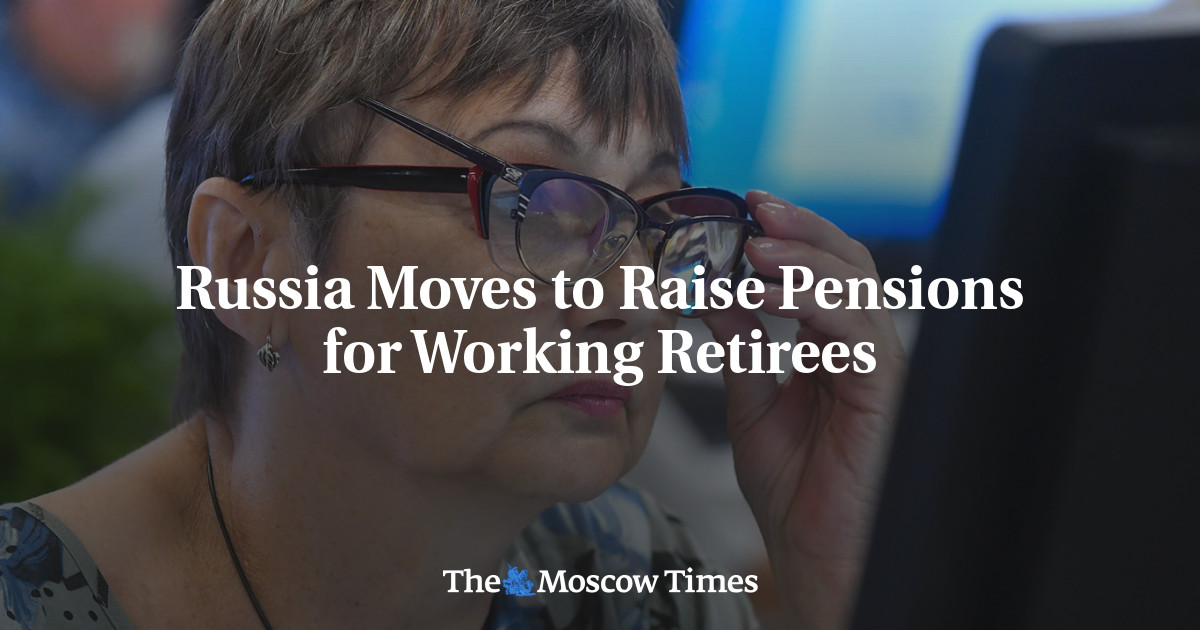
Russia’s lower-house of parliament on Wednesday passed a bill that would allow for annual increases to the amount working retirees receive from their state pensions as part of President Vladimir Putin’s promise to boost social spending during his fifth term in the Kremlin.
In 2016, Putin suspended the yearly indexation of pensions for working retirees — which kept the payments in line with consumer prices. But earlier this month he called on the United Russia ruling party and government to bring back that policy since Russia “has the resources to begin solving the issue in the people’s interests.”
The State Duma voted in favor of the legislation, which will increase pension payments for an estimated 7.87 million working retirees starting in February next year. In order for the bill to become law, it needs to be passed by the upper-house Federation Council and receive Putin’s signature.
“This decision will allow hundreds of thousands of able-bodied citizens to remain in the job market, [those] who will retire this year but will remain working in the economy and in the public sector as teachers and doctors… [where job] shortages are very high,” State Duma speaker Vyacheslav Volodin said.
Government officials previously estimated that working retirees could expect to receive an extra 1,300 rubles ($15) on average in addition to the average state pension of 17,400 rubles ($200), according to the independent investigative news outlet Agentstvo.
The working-age pension increase follows government proposals for a new progressive tax system, which the Kremlin says will help fund government child support and the state pension fund.
The pension age in Russia is 62 for men and 57 for women.